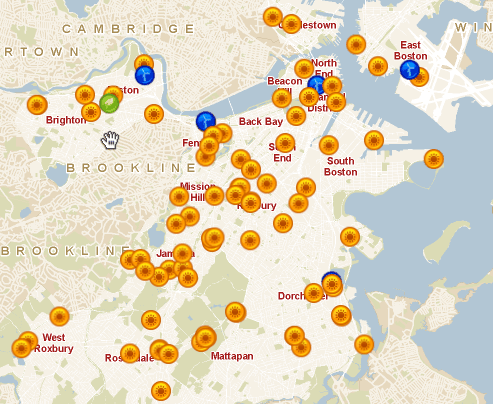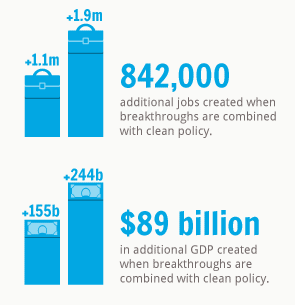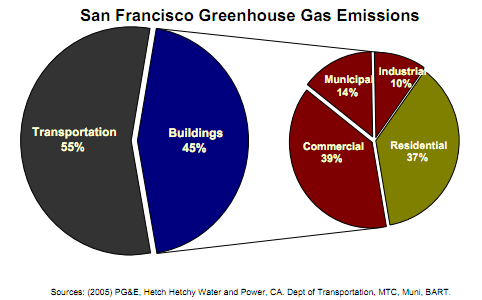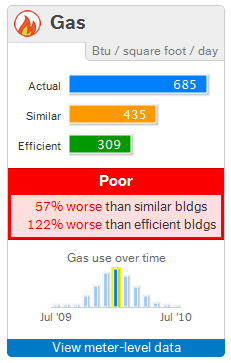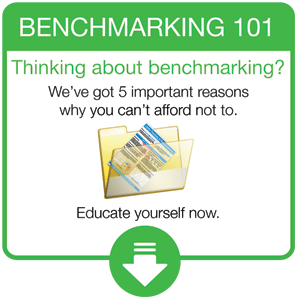Whether you want to be a more informed citizen or just want to kill some time before 5 on a Friday afternoon, WegoWise has got you covered. So peruse our best links, give us some feedback and be sure to share some of the info you just gleaned with other interested parties at the parties you are hopefully attending this weekend. Brought to you by Dan, Nate, Lily and Bert.
Utility Tracking and Benchmarking Blog | WegoBlog
Homeowners and Utility Providers Alike Reject Energy Tracking in Homes.
Late last month, Google and Microsoft each announced that they will be shutting down their respective energy tracking software projects for homeowners. Both released in mid 2009, these projects will come to an end in the coming year, Google’s Powermeter September 16th, 2011 and Microsoft Hohm May 31st, 2012.
Boston launches residential solar power system rebate
Posted by Lily Perkins-High on Tue, Jul 12, 2011
In June, Boston’s Mayor Menino launched a pilot solar power program for the city's homeowners. The pilot will increase the amount of solar energy in Boston from one-half megawatt today to twenty-five megawatts by 2015, or enough energy to provide all the electricity needed to power 4,000 homes. The $555,000 initiative is a part of Renew Boston and is funded by an Energy Efficiency and Conservation Block Grant through the American Recovery and Reinvestment Act.
The program will offer rebates ranging from $1,000 to $3,000 to participants and with substantial state and federal incentives should, according to the write up at BrighterEnergy.org, "bring average payback of a residential PV installation to less than 4 years". Mayor Menino hopes the “...solar incentive program will help residents take the next step in greening their home through solar energy, saving money on utility bills and creating green jobs.”
Here's a look at current renewable energy projects in the Boston area:
One exciting component of the program is an interactive solar map of Boston, produced with the help of the Boston Redevelopment Authority. The online map has multiple features, including the locations of current renewable energy projects (solar, wind, biomass and hydro) and estimates the solar potential of any Boston area building. (For example, my apartment receives 178kWh/square meter, and could generate 14,522kWh/year, saving $2,613.)
With programs like these, Boston may pass San Francisco, California and Portland, Oregon and become the greenest city in the US!
Have you installed solar panels? How long did they take to pay for themselves?
Tags: Renewables, News and Policy, Energy efficiency, Funding
Whether you want to be a more informed citizen or just want to kill some time before 5 on a Friday afternoon, WegoWise has got you covered. So peruse our best links, give us some feedback and be sure to share some of the info you just gleaned with other interested parties at the parties you are hopefully attending this weekend. This is the first installment in the WegoWise links series. Brought to you by Dan, Nate, Lily and Bert.
The Report
Google.org, the philanthropic branch of Google, recently released an exciting report in conjunction with McKinsey’s Low Carbon Economics Tool (LCET). The report showed incredible savings, both monetarily and in energy use, if immediate innovations are made in renewable energy sources such as solar and wind power. The 28-page document that was published at the end of June, “The Impact of Clean Energy Innovation,” takes an aggressive stance on the necessity of progress in green sciences. The analysis compares simulated data from Breakthrough Policies and Innovations (BT) and Business as Usual (BAU) policies in 2030 and 2050.
Tags: Renewables, News and Policy
Earlier this month we wrote blog posts about benchmarking ordinances in NYC and Seattle. In February, San Francisco joined the ever growing list of cities enacting benchmarking laws with the Existing Commercial Building Energy Performance Ordinance. The city hopes the ordinance will encourage commercial buildings to invest in energy conservation measures and reduce the city's overall carbon footprint. As detailed in the chart below, a small reduction in GHG emissions in the commercial sector could go a long way toward helping the city achieve its emission reduction goals.
Tags: News and Policy, Energy efficiency
Building Metrics: The Commercial Building's Equivalent to the MPG
Posted by Bert Connelly on Tue, Jun 14, 2011
Back in December...
The Commonwealth of Massachusetts' roadmap to address the threat of global warming, the 2008 "Global Warming Solutions Act," calls for an 10-25% statewide reduction in greenhouse gas emissions by 2020. Much of this reduction must come from the commercial and industrial buildings, as they account for over half of the state's energy use. Massachusetts is proposing to develop and implement a building energy labeling program that includes both asset and operational energy ratings. The Department of Energy Resources (DOER) issued this report, which outlines salient issues and strategies.
Tags: News and Policy, Energy efficiency
Free energy tracking for low income housing in Massachusetts!
Posted by Lily Perkins-High on Mon, Jun 06, 2011
WegoWise is excited to offer a free WegoPro account and set up assistance to all public and nonprofit owned low income housing in Massachusetts as a part of the LEAN Multi Family Benchmarking Inventory:
As a low income housing owner in Massachusetts, how will a WegoPro account help me?
Tags: News and Policy, Energy efficiency, Funding, Affordable housing
Update: Here is our post on LL84 Benchmarking for the 2011 Year!
LL84 Made Easy
Tags: News and Policy



